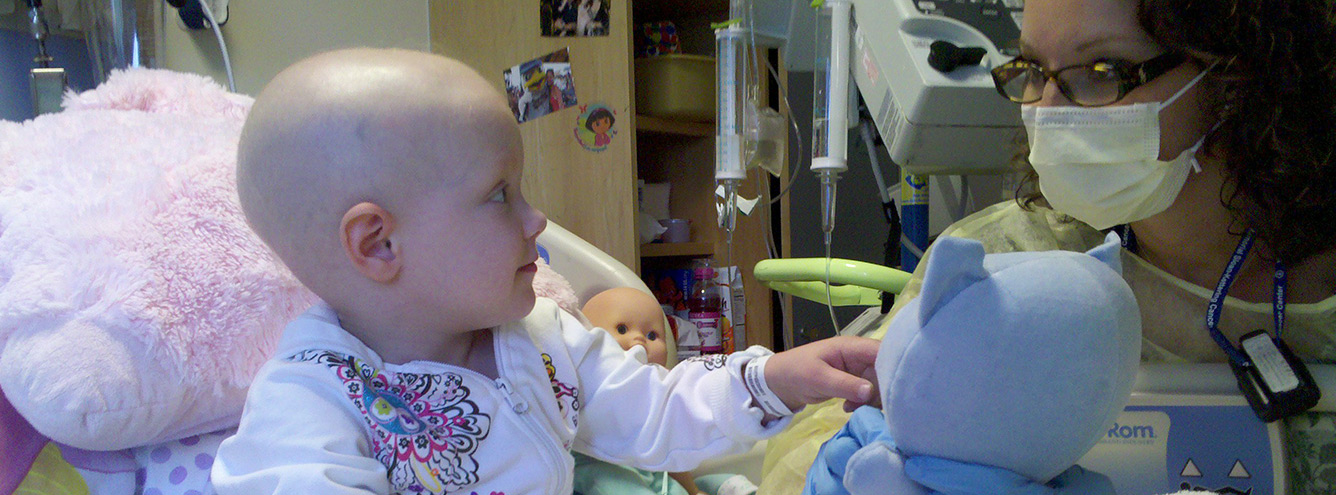Open communication between you and your child’s doctors is vital before, during and beyond treatment.
Doctors must give clear explanations and listen fully to your concerns.
You must feel confident about asking questions and sharing your concerns so they don’t escalate.
Here are some suggestions to nurture healthy communication.
Communication to Support Your Child
Insist that your child’s dignity and emotional health be protected, always.
Encourage doctors and nurses to actively engage your child in her care, using age appropriate language and offering choices.
Explain your child’s personality to the team and to the individual staff caring for your child, and insist that any plans for coping during procedures be respected.
If you are not happy with a doctor, nurse or technician during a procedure, politely ask them to stop and call a more experienced clinician.
Offer practical solutions rather than argumentative statements. E.g. “my child is very afraid of drops. Could I administer them to help her stay calm before the exam?” rather than “I won’t allow you to put drops in her eyes”.
Developing a Team
Clearly explain how much information you want.
Encourage communication between the different doctors and departments, especially if they are located at different hospitals. Ask them for copies of their communications, so you can keep track of what has been discussed.
Respect the doctors and nurses, and show your appreciation for them.
Develop a close relationship with your child’s key nurse. They can often help to settle misunderstandings and pass on concerns to doctors.
Retinoblastoma is usually treated at a university teaching hospital, and medical students may be involved in your child’s care. They will be the doctors and nurses caring for tomorrow’s children. Encourage them, and help them learn good communication with parents and children.
Asking Questions and Expressing Concerns
Request an appointment with the doctor to discuss your concerns. This will give you both time to prepare and to talk openly.
Prepare a written list of questions, and leave space to add notes during the appointment.
Take notes or record conversations so you can revisit information later.
If you don’t understand something, ask the doctor or nurse to explain it again until you are confident about it.
Ask if you can review your child’s medical records and have a copy. You may have to request this in writing, and pay a fee.
Don’t let your concerns fester. Discuss them with your child’s doctor early to prevent unnecessary confusion and distress.
Say “I” when expressing your concerns. E.g. “I am confused because you don’t give me clear explanations” instead of “You never explain things to me.” People respond more positively when comments are not combative.
Stand up for your child if you believe something is wrong.
Refusing Procedures / Treatment
If you choose not to consent to a particular procedure or treatment, you do not have to give a reason. However, explaining your reasons to the doctor or nurse can help them understand your concerns so they can give the best advice to protect your child.
You have the right to refuse treatment, but if the doctors feel this puts your child’s life at risk, they can request a court order for treatment. Your child’s welfare is paramount. If legal intervention is sought, both you and the doctors will have the opportunity to share your concerns.


